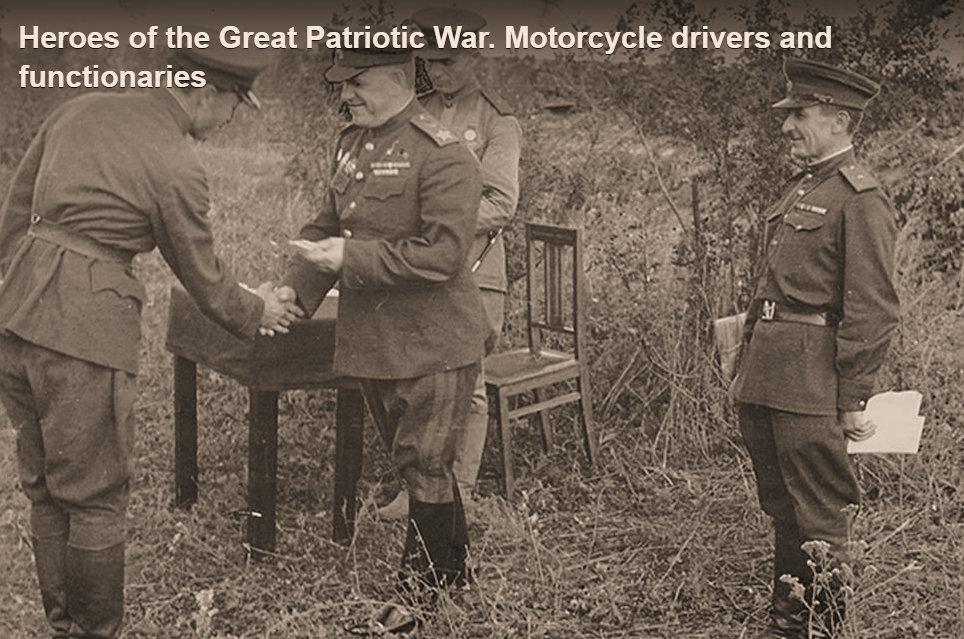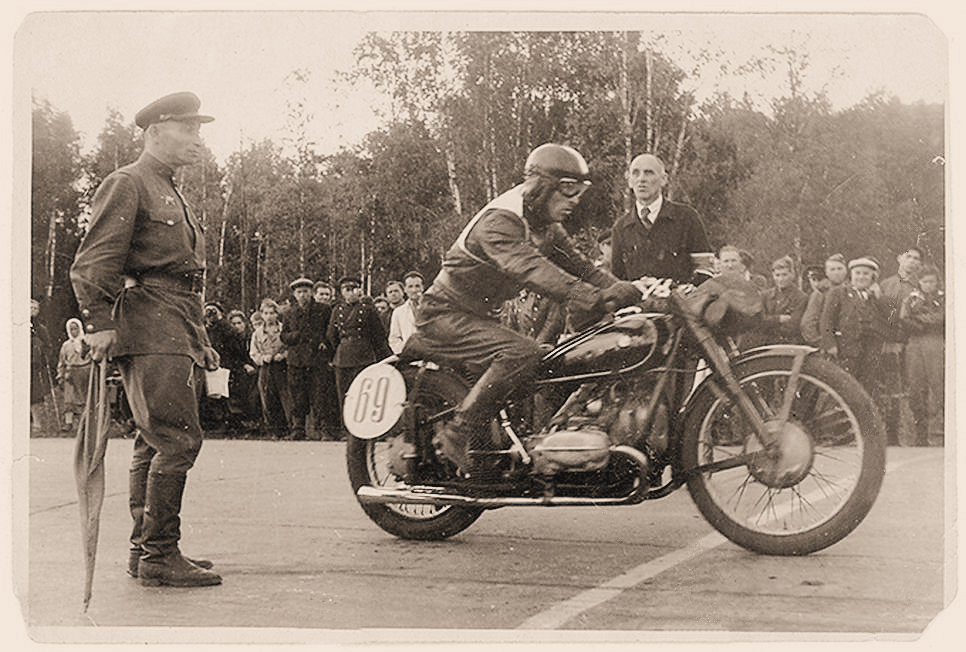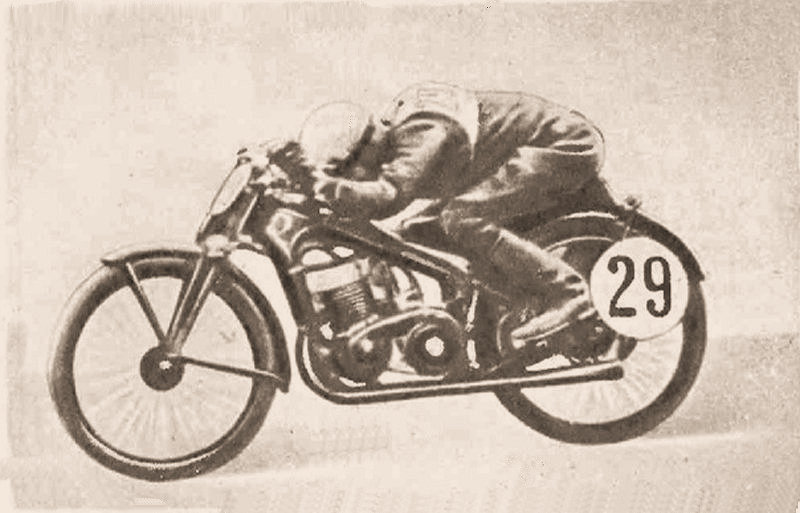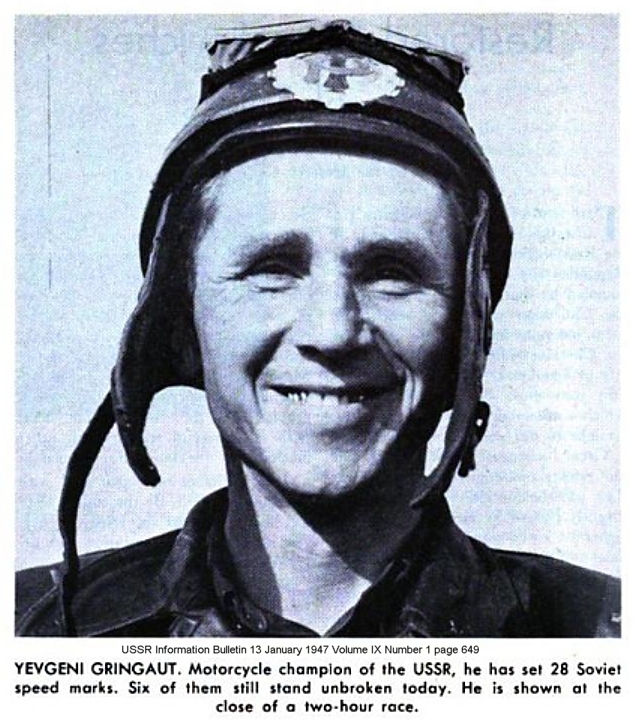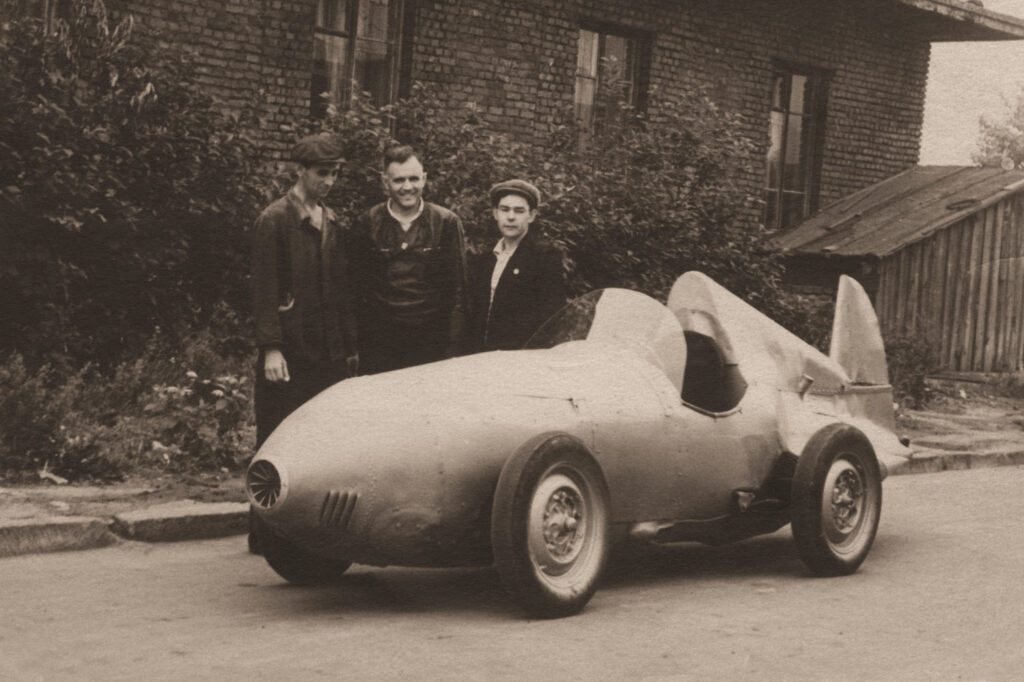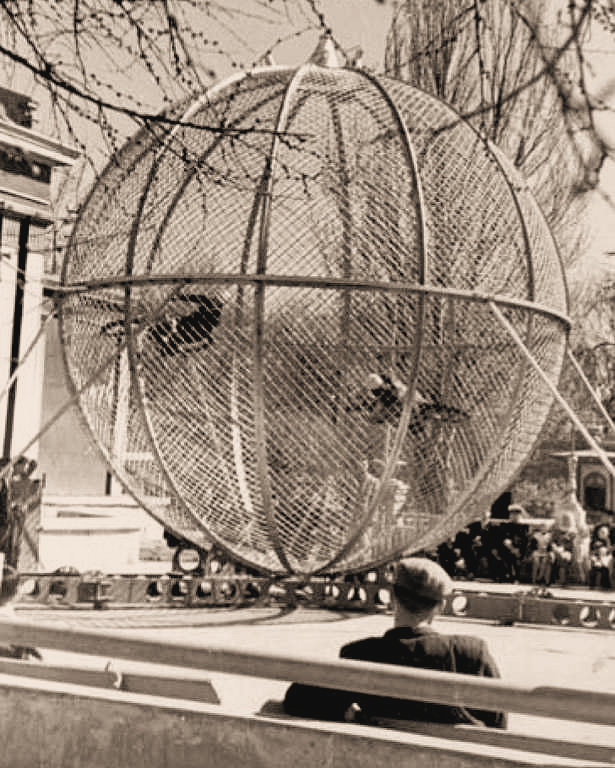Memories and recollections
Here we aim to comprehensively present to you the story about the heroes of the USSR during the Great Patriotic War, who in their pre- and post-war lives were engaged in motorsport, heroes, who became masters of sports, champions, record holders, organised competitions, championships and did many other useful works and achievements, without which motorsport simply would not survive.
The Motorcycle drivers.
In the history of the Great Patriotic War, motorcycle athletes stand apart. Talking about the sports heroes, one cannot fail to mention those who fought on the front lines and whose efforts were one of the most important values for the entire course of the war. Many motor sportsmen went to the front and joined the ranks of the active army in various specialities: signalmen and scouts, artillerymen and drivers, but a large number of these athletes fought in the detachments of the Separate Motorized Rifle Brigade for Special Purpose (OMSBON) and in motorcycle regiments. Fast, mobile, they took upon themselves the fulfillment of sometimes the most impossible tasks, while the Moscow Automobile Club was urgently training more and more new specialists. Many of them died in the very first months, but those who survived were demobilised at the end of 1943, after a turning point in the course of the war. Such a decision to recall all masters and honoured masters of sports was made in order to keep the best athletes in the country. Already in 1943, several motor racing competitions were held, including among racers in military units. The sporting life began to revive little by little. This article is to tell you about the most famous motor sportsmen who made the most significant contribution to the development of motor sports in the USSR.
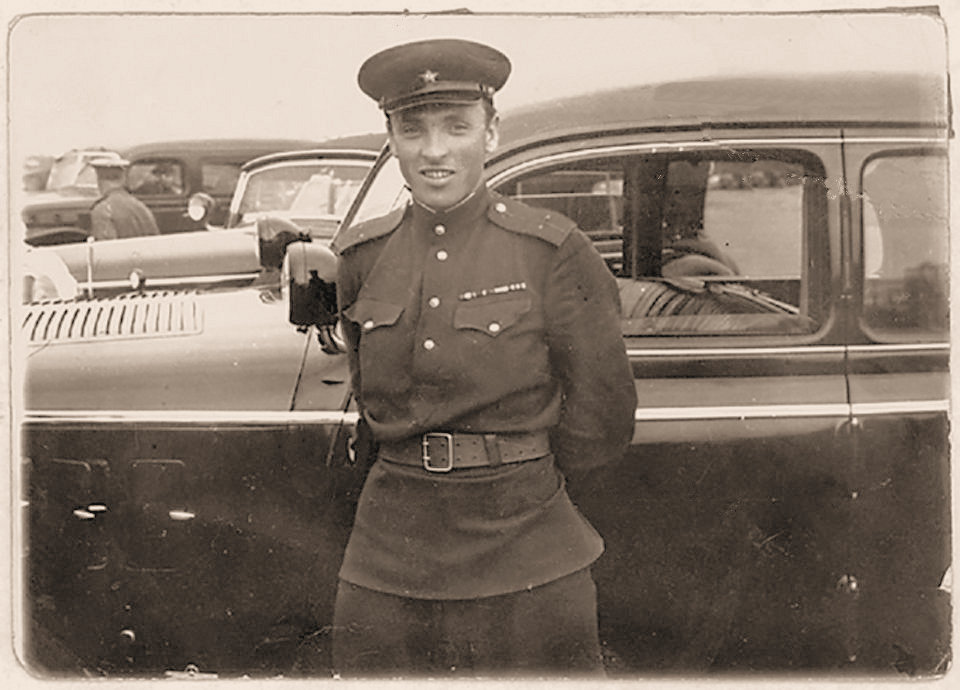
Member of the Finnish War, the Great Patriotic War, holder of the Orders of the Red Banner, Patriotic War, Red Star and other state awards. Master of Sports, three-time USSR record holder, Moscow champion, medalist of the USSR Armed Forces championship. Author of the book “17,000 kilometers with GK Zhukov”.
Alexander Buchin is a hereditary motorist and motorcyclist. At the beginning of the twentieth century, his father worked as a mechanic in France at the invitation of Peugeot and even participated in the Paris – Bordeaux races. His story became a good example for his sons.
After moving with his family to Moscow, Alexander Nikolayevich got a job as a driver in the NKVD and at the same time began to engage in motor sports in the Dynamo society. In 1938 he was drafted into regular military service, and in 1940 he left as a driver for the Finnish War. He drove a unique cargo all-terrain vehicle ZIS-33 with skis on the front wheels and half-tracks on the rear.
After demobilization, he began to engage in motocross, showed good results, but at the beginning of World War II he was called up again to the front.
For almost the entire war, Alexander Nikolayevich worked as a driver for Marshal of the Soviet Union Zhukov and went through all the battles with him until the Reichstag itself.
After demobilization, he took part in motor sports competitions, and also worked as an instructor for the MVO Air Force team. In 1950, he was arrested as an associate of Zhukov, taken to a prison at Lubyanka, and then repressed and sent to a logging escort. In 1953 he was amnestied and rehabilitated. Upon returning home, he got a job as a driver in “Sovtransavto” and retired only in 1992.
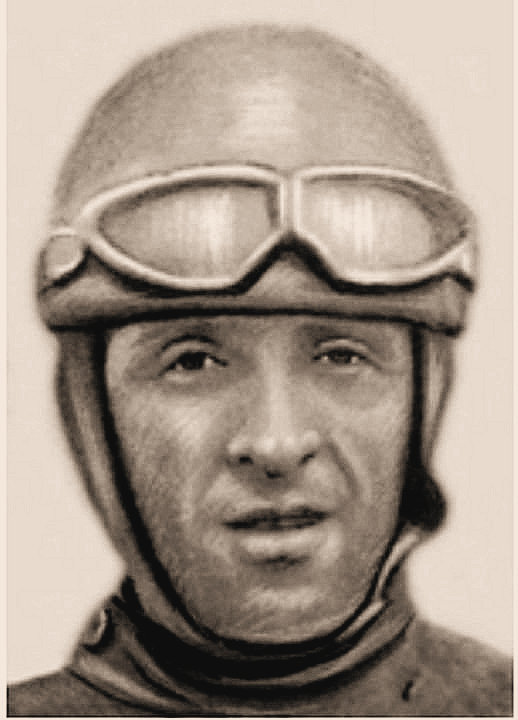
Member of the Great Patriotic War, Honored Master of Sports, champion and record holder of the USSR
Sergei Nikolaevich was the elder brother of Alexander Buchin. In his youth he worked as a postman on a motorcycle, then entered one of the garages of the NKVD as a driver in order to be closer to technology. In the pre-war years, he competed on a motorcycle specially designed for him by Oleg Kucherenko, and took part in numerous record-breaking races. In the winter of 1937, he invented a motorcycle competition on the ice of the Dynamo stadium and participated in them. At the end of the races, he demonstrated an amazing trick for those times: he drove past the stands, standing on a motorcycle.
In the summer of 1937, he took part in the USSR motorsport championship, and won the high-speed 300 km race. In the same year he spoke at the opening of the All-Union Parade of Athletes on Red Square in Moscow. He died on June 13, 1942 from injuries sustained in a automobile accident.
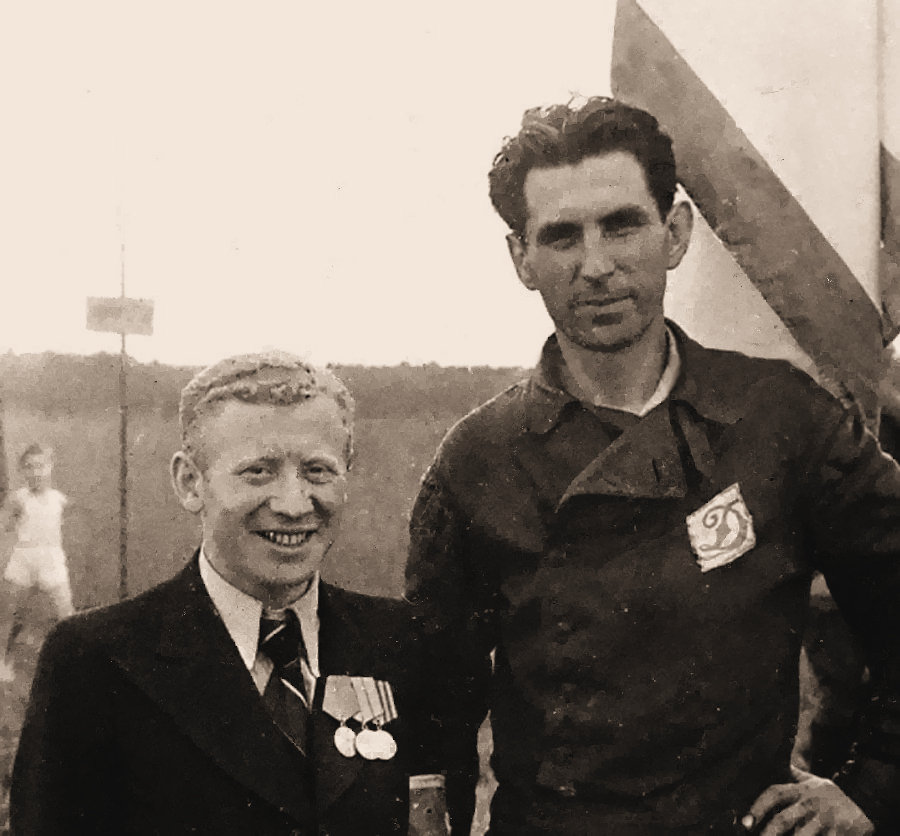
Survivor of the Great Patriotic War, partisan, holder of the Order of the Red Star. Honored Master of Sports, Honored Trainer of the USSR, multiple champion of the USSR in motorsport, record holder. Author of the books “Motorcycle circuit racing”, “Struggle for speed”
Even before the war, Yevgeny (Zhenya) Gringaut competed in motorcycle races and in 1937 became the USSR champion in the 750 cm³ “National” class. He went through the war as a partisan and was awarded the Order of the Red Star. After the war he returned to motorsport. He performed in circuit motorcycle races for the Trudovye Rezervy society on motorcycles BMW-R51, GMZ-M80, GMZ-M35. Since 1946 he participated in linear and circuit races, he repeatedly became the champion of the country in various classes. Evgeny Gringaut in the summer of 1947 on the GMZ M-80 set a speed record in the USSR on an M-80 motorcycle without a fairing with a output capacity of 40 hp. —172 km/ h.
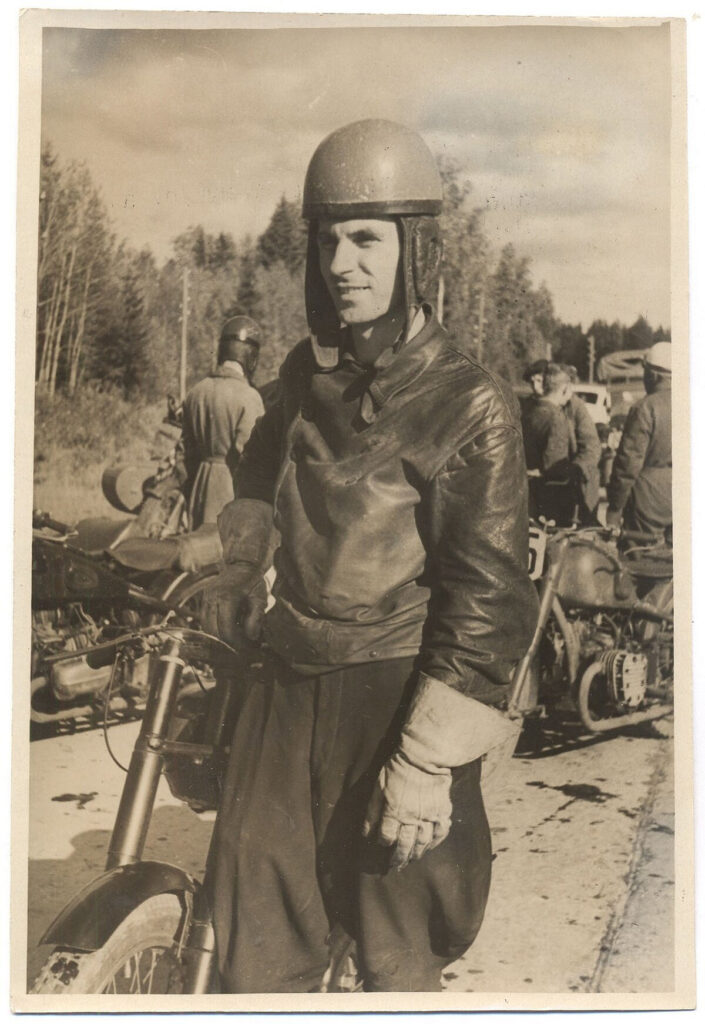
In 1932, Vladimir Karneev graduated from the Moscow Automobile Mechanical Technical School and worked in the motorcycle section of the Lokomotiv society. In 1938, replacing one of the riders who dropped out of the competition due to injury, he won two races in a row, after which he became actively involved in motor sports. Since 1940 he played for Dynamo. During his sports career, he performed in all disciplines of motorcycle racing: motocross, road linear and circuit races, hippodrome, summer speedway, ice racing. During the war, Karneev served as a liaison motorcyclist in a motor transport regiment. In 1943, after being wounded, he was sent to Moscow to create a team of athletes. In 1949, he headed the Air Force motorcycle team, participated in competitions and studies at the Leningrad Military Institute of Physical Education and Sports at the Department of Motor Sports. He engaged in design activities.
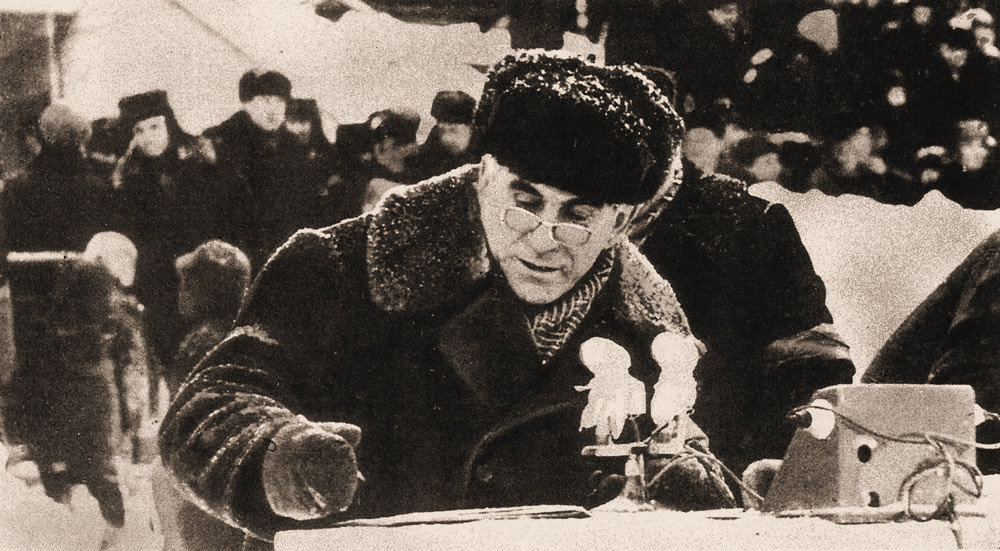
(*see Notes at bottom)
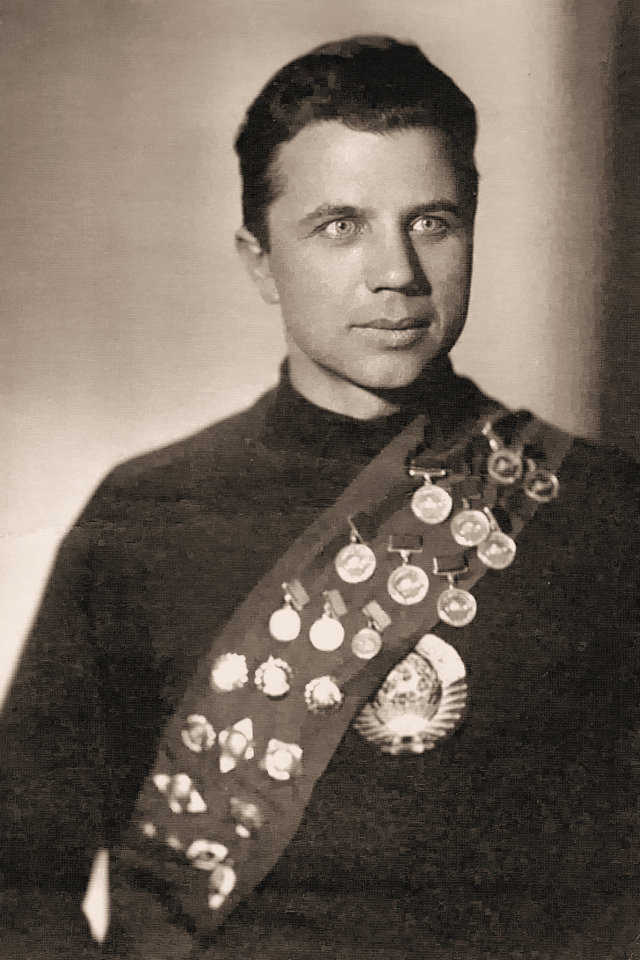
After graduating from a factory school at the age of 17, Evgeny Kosmatov volunteered for the front. He received a referral to the Minsk plant for the repair of military equipment, including motorcycles, where he learned to ride them. Later, Kosmatov was transferred to a communications company, where he worked on a motorcycle with a sidecar, and then he ended up at the division headquarters under the command of Pavel Razzhivin, who after the war became the head coach of the Dynamo club. After demobilization, Evgeny Kosmatov began to participate in numerous competitions both on solo motorcycles and with a sidecar. In 1950 he won the Moscow Championship and received the title of Master of Sports. Over the following years (1951-1961) Kosmatov won 11 times in the national championships.
In 1965, Evgeny Stepanovich heads the motorcycle team at the Institute of Oil and Gas, which becomes one of the strongest in the class of sidecar motorcycles. Subsequently, the Moscow team under his leadership becomes a two-time USSR champion.
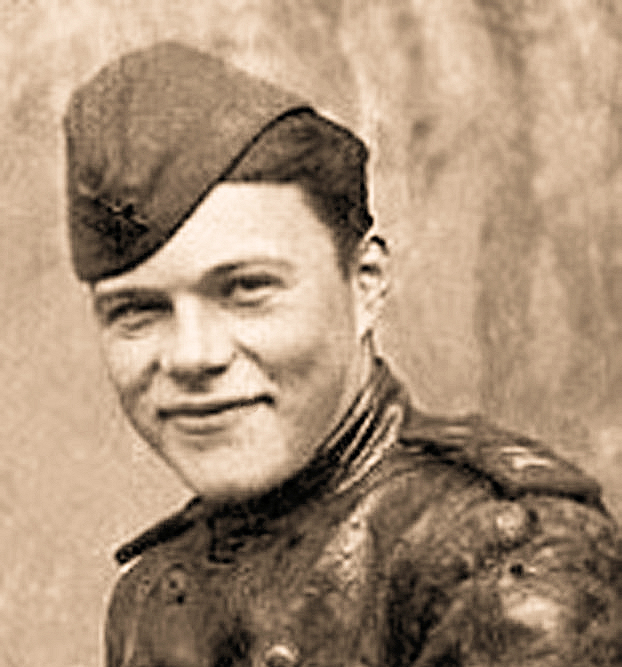
Veteran of the Great Patriotic War, Honored Master of Sports, multiple champion of the USSR in motocross, veteran OMSBON.
Yuri Korol was engaged in motor sports even before the start of the war. In 1941 he volunteered for the front, went through the war in a separate motorized rifle battalion for special purposes (OMSBON), served as a signalman. At the end of the war he almost died of typhus. After demobilization he returned to motorsport, was actively involved in motocross, took part in various competitions, became a multiple champion of the USSR in motocross.

Participant of the Great Patriotic War, 14-time champion of the Byelorussian SSR in motorsport, bronze medalist of the USSR championship in circuit racing in 1958, master of sports in motoring and motorcycle sports.
Alexander Krasovsky was fond of technology from childhood and at the age of 14 got a job in auto repair shops. In 1934, for the first time, he took part in motorcycle races organized by the Moscow Automobile Club. In 1937, he became the USSR champion in ski jumping on a motorcycle. In 1941, immediately after his wedding, he was drafted to the front in Bialystok, participated in the resistance, was wounded, captured, ended up in camps, escaped, was caught again. He was released only in 1945. After the war, he stayed in Brest, headed an automobile club there and began to train athletes. Alexander Fedorovich himself took part in almost all competitions, became the silver medalist of the USSR championship; 14 times won the championships of the Byelorussian SSR in various types of motor sports. Received the title of Master of Sports.
In 1956 he goes into auto racing, he builds cars of his own design, on which he performs well. In 1958 he became the bronze medalist of the USSR Championship and received the title of Master of Sports in motor sports. In subsequent years he performed in various classes of cars – from the Junior formula to karting and coach cars, but after an accident at the Nevsky Ring he stopped participating in races. Then he was involved in the organization of car competitions, including the “star start” in Minsk rally “Monte Carlo”.

Veteran of the Great Patriotic War, Honored Master of Sports of the USSR, 18-time champion of the USSR in motor sports, multiple record holder of the USSR, prize-winner of international competitions.
Irina Yanisovna graduated from the cameraman department of GITIS, where she learned to ride a motorcycle. During the war she worked in the rear at a motor repair plant. After the resumption of motor sport competitions in 1944, she took part in the USSR motocross championship. She took her first title of the USSR motocross champion in the class up to 350 cm³ in 1945 and held it until 1952. Irina Ozolina is a multiple USSR record holder, winner of numerous road and motocross competitions among women in the motorcycle class up to 350 cm³, winner of many international competitions. In 1957 she joined the Dynamo Sports School, was engaged in coaching. Later she was invited to MADI to practice motorsport, created a team that became the winner of various competitions.
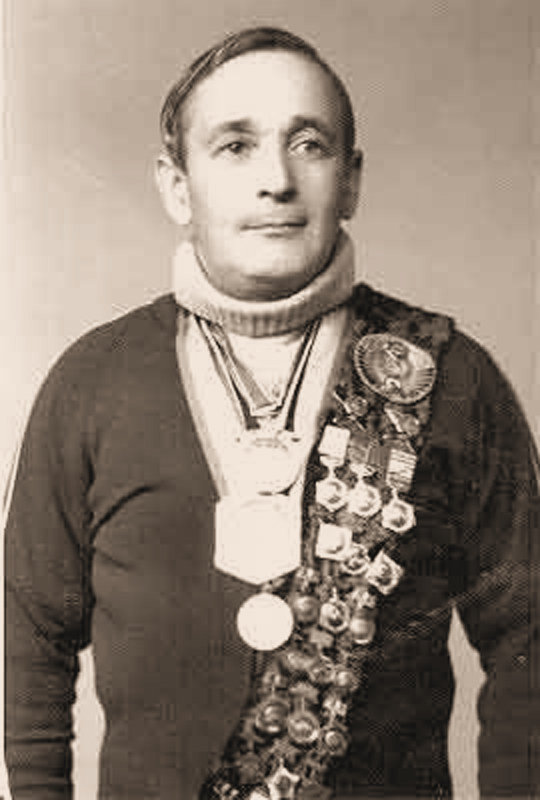
Shakhmatov got the right to drive a motorcycle even before the war and at the age of 16 he became the winner of the Odessa-Nikolaev motorcycle rally. At the very beginning of the war, Fyodor Shakhmatov volunteered for the front – in the commandant company of the headquarters of the Separate Primorsky Army, which was defending Odessa. Fyodor was called “the flying messenger” – on his motorcycle “Red October”.
After the war he received the title of master of sports, became a teacher at a driving school in Odessa. In 1950 he received an offer to try his hand at the Ball of Courage attraction (the “Globe of Death”), where he drove inside a huge mesh ball on a motorcycle. Shakhmatov performed many dangerous stunts after that, including descending the Potemkin Stairs in Odessa on a motorcycle.
Later, Fyodor Vladimirovich was invited to become the main motorcycle tester at the Serpukhov Motorcycle Plant in Moscow. By this time, he was already the champion of the region, Ukraine and the USSR in motorcycling. Shakhmatov became the person who delivered Nikita Khrushchev a gift – a motorcycle – from the German Chancellor, and he also taught the USSR secretary general to ride it. In 1963 Fyodor Shakhmatov took part in the first karting championship of the Soviet Union. During his life, he became a 15-time champion of the USSR and Ukraine in motorsport, a master of sports of the USSR in karting, a multiple champion of international championships, a member of the country’s national speedway team, a prize-winner of karting on ice, a parachutist, a glider driver, and a cycling enthusiast. Fyodor Vladimirovich played two film roles: the postman in the film “Timur and his team” (1976) and the racer in the film “Stories about Keshke and his friends” (1974). He was Oleg Strizhenov’s understudy in the film “Loop”.
Here are some other names of famous moto sportsmen and women – heroes of the Great Patriotic War:
Mikhail Gromykhalin, Viktor Kulakov, Nikolai Shumilkin, Alexander Novikov, Vladimir Ozerevsky, Yuri Khristoforov, Alexander Razorenov, Boris Gerolsky, Vasily Pavlov, Petr Gusakov, Andrey Ivanenko, Stepan Abramov, Yuri Abramov, Pavel Sevastyanov, Pavel Baranov, Mikhail Filin, Raul Gubaidulin, Lydia Sviridova, Ara Tumanyan.
and there are many many others.
We will not forget you!
Functionaries
You can talk a lot about the racers and record holders who became the main characters on the race tracks of the world. But there were other people – they fully helped them in this and almost always found themselves behind the scenes. These are the organizers, coaches, judges, scientists and ordinary folk who created conditions for victories and records. Talking about the history of motorsport in the USSR, it is impossible not to give them their due – and the athletes themselves have always mentioned that their achievements would have been impossible without these people.
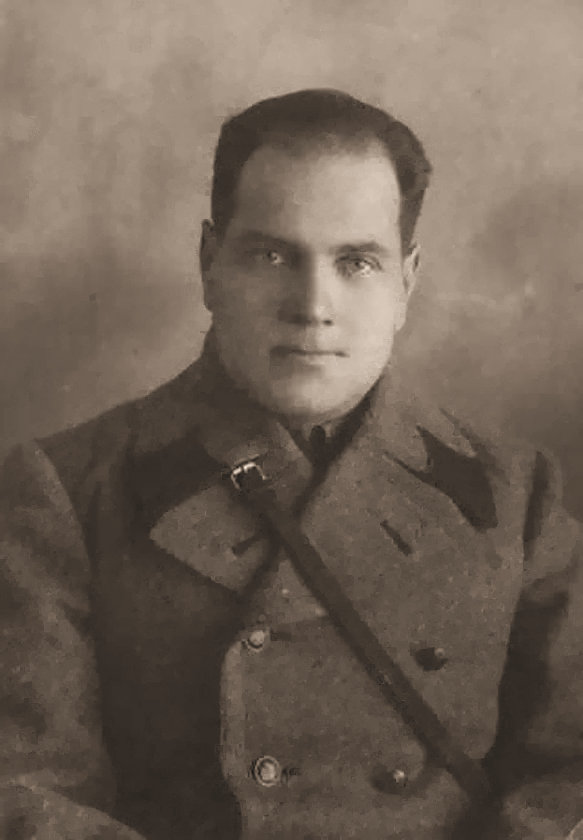
Before World War II, Leonid Afanasyev took part in expeditions as a worker. In 1931 he left for Moscow and entered the MADI, at the same time he worked as a driver, then as a presenter. Since 1934, Afanasyev began to take an active part in various motorsport events, he was the head of the auto section of the USSR Automobile Club. In the competitions held, he worked as a judge, as well as in the technical commission.
After graduation, he passed the candidate’s minimum in the discipline “Operation of vehicles” and was enrolled as an assistant at the department. During the Great Patriotic War, he served in the Military Road Administration and was engaged in transportation along the Road of Life. In the fall of 1943, Leonid Leonidovich Afanasyev became deputy head of the mechanization department of the DSU of the Main Road Administration of the Soviet Army. After the war, Afanasyev returned to MADI, in 1961 he was appointed director of the institute, where he served until 1982. As a director, he organized the Sports Car Laboratory, then created the MADI Training and Research Center. Thanks to him, MADI representatives began to perform in various competitions on the MADI racing equipment, taking prizes.
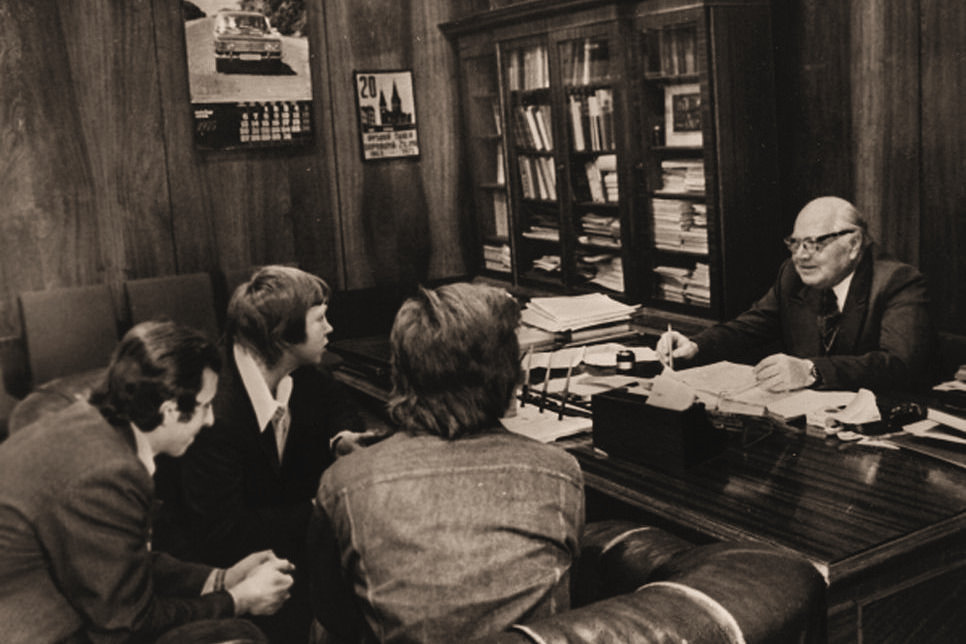
Leonid Afanasyev was the chairman of the Scientific Council on the problem of “Road safety” of the State Committee for Science and Technology under the Council of Ministers of the USSR, during his life he published about 300 scientific papers.
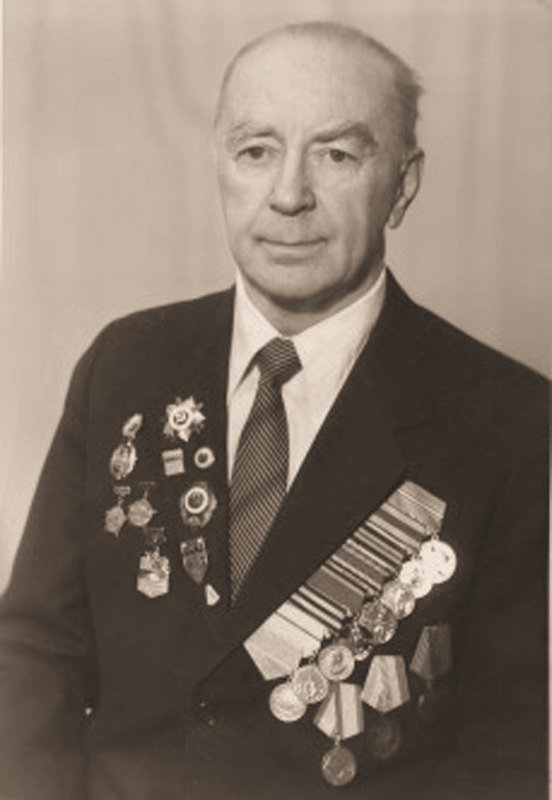
Participant of the Great Patriotic War, holder of the Order of the Patriotic War of the II degree, awarded with medals “For Military Merit”, “For the Defense of Leningrad”. Master of Sports, judge of the all-Union category, coach, organizer of sports events.
Buhler played for DSO “Spartak”, then became a coach, then head coach. He was appointed deputy chairman of the Leningrad Motor Sports Federation. He made a huge contribution to the development of motorsport in the USSR.
At the age of 17, Igor Buhler already received a driver’s license and began teaching motorcycle techniques, at the same time he worked as a motorcycle runner at the Leningrad Motorcycle Plant. He first took part in motocross competitions on June 22, 1941, after which he volunteered for the front. He went through the whole war as a driver, until 1953 he continued to serve at the Military Transport Academy, where he created and headed a motorcycle section, worked as a coach and judge of the competition. After demobilization, he worked in DSO “Spartak” and the Leningrad Automobile Club. Igor Vladimirovich Buhler was the organizer, commander and chief judge of the first rallies in the USSR, in 1956 he was appointed responsible for holding the country’s first international motor racing competitions on the Nevsky Ring. Buhler is one of the initiators of the construction of the country’s first Leningrad motorcycle track and the creation of Leningrad racing cars. Has trained over 40 masters of sports.
In 1997, he took part in the creation of the “Council of Veterans of Motorsport of St. Petersburg”, he was its chairman.
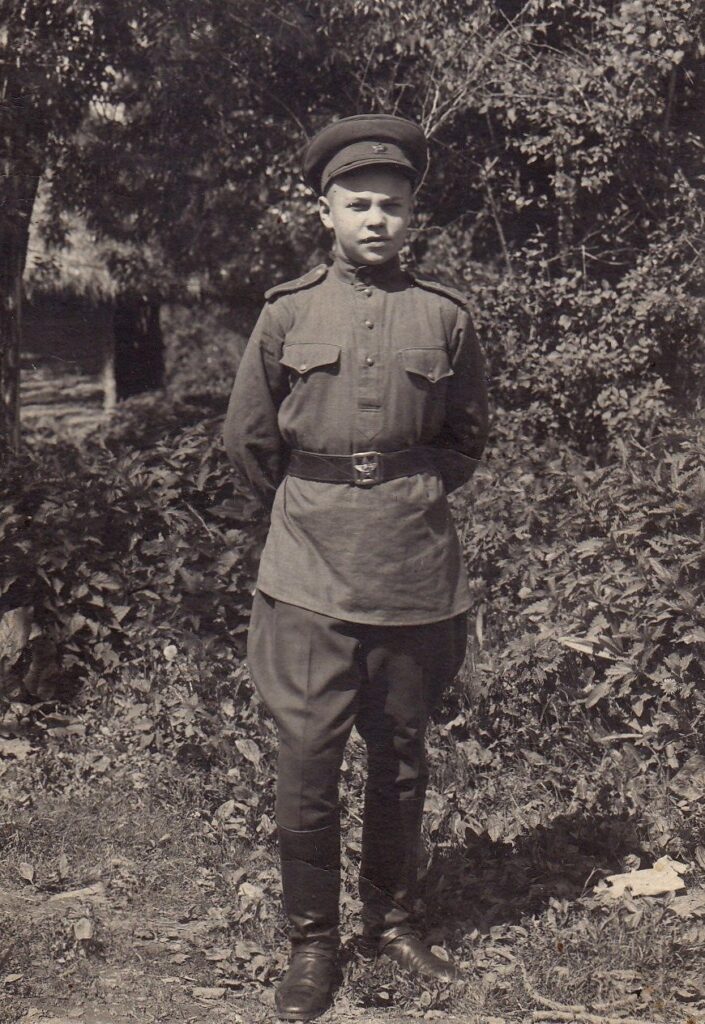
At the age of 13, Varlen Gusteshov fled from evacuation in Tashkent to the front to his father, fought with him as a “son of the regiment”, and had awards for military operations. After the war he was sent to the military school of the Supreme Council.
Since childhood, Varlin loved technology, he knew how to ride a motorcycle, and after the war he went to competitions as a coach in hippodrome motorcycle races. From the 1950s he took part in refereeing and oversaw the direction of karting. Later he was elected chairman of the Moscow Karting Committee and remained in this position for a long time. In the 1990s he made every effort to support motorsport in Moscow and continued to organize competitions.

Veteran of the Great Patriotic War, winner of many military awards. A judge of the all-Union category, he served as deputy head of the department of technical sports in the Central Committee of the USSR DOSAAF, executive secretary of the national federation. One of the first representatives of the USSR in the FIA, an honorary member of the FIA.
Victor Marzhetsky grew up under the influence of such St. Petersburg racers as Nagel, Ovsyannikov and others. During the Second World War he became a professional military man and rose to the rank of colonel. After the war, he worked in the commission for the export of captured property, including from German motorcycle and car factories. It was Marzhetskiy who brought 18 Auto-Union cars to the USSR along with other war reparations.
After the war, Viktor Vladislavovich took an active part in organizing races for setting records, including in the races of the “Stars”, was involved in refereeing, and received the all-Union category. Marzhetskiy considered karting to be one of the most important directions in motorsport and made every effort to develop it.
Victor Marzhetsky became one of the first representatives of the USSR in the International Automobile Federation and was elected its honorary member along with Juan Manuel Fangio, Louis Chiron and others.
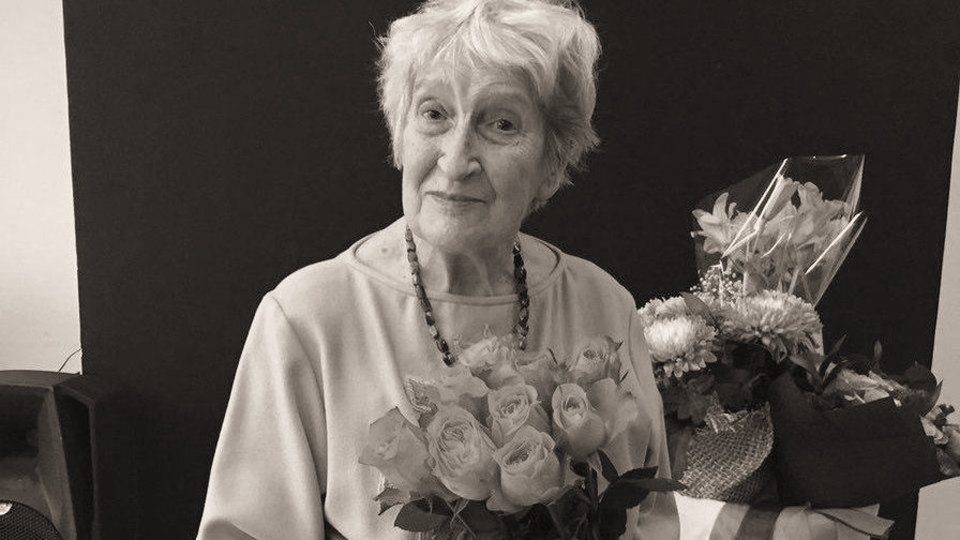
Veteran of the Great Patriotic War, judge of the all-Union category, chairman of the rally committee of the FAS USSR, chairman of the panel of judges. Currently, Tatiana Ivanovna heads the Council of Veterans of the RAF.
Tatyana Ivanovna Sokolova was 12 years old when the war began. Her father was a military pilot, and she and her mother were sent to evacuation, where Tanya helped the wounded in the hospital – in a ward for disabled people without arms and legs.
After the war, Tatiana at the age of 17 received her license and began to help in organizing the competitions. In 1953 she graduated from the Moscow State Technical University, and was assigned to the Institute. Kurchatov. In the same year, she took part in organizing a motor rally, which became her first major event.
Since then, Tatyana Ivanovna has worked as a judge at many all-Union and international competitions in automobile and motorcycle sports, and received the title of a judge of the all-Union category.
From 1996 to the present, Tatyana Sokolova heads the Council of Veterans of the Russian Automobile Federation (RAF).

At the war front, Karl Sochnov was a military driver. In August 1944, he was wounded, after the hospital he was retrained as a tank driver, he reached Berlin and on May 8 received a second wound. In 1950 he was demobilized and immediately entered the Moscow Aviation Institute. After graduation, he first started in the moto rallies.
In 1962, Sochnov entered the rally section of the Moscow Automobile Club and two years later won the title of Moscow champion. From 1964 to 1974, Karl Vladimirovich played in the USSR national rally team, and later worked as a coach in it.
In 1970 he became the head of the Soviet sports delegation in the London-Mexico rally-marathon and took part in the marathon in a carriage with Ivan Astafiev.
It was with the light hand of Karl Sochnov that the now well-known high-speed transcript was introduced in the domestic rally.
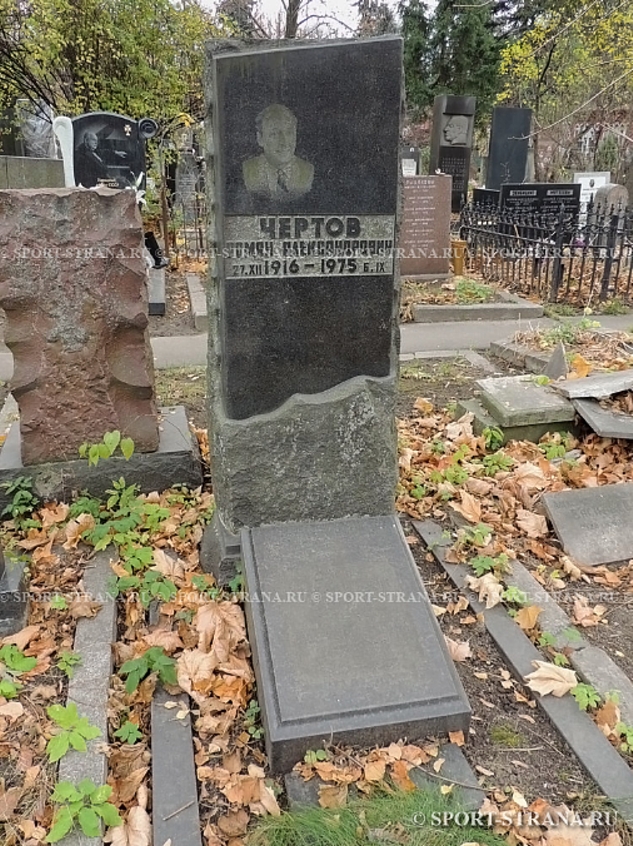
Roman Alexandrovich started working at AZLK, even when the plant was called MZMA. He became the founder of the sports department of the plant, he knew all the athletes, he himself participated in many competitions. But he became most widely known precisely as the coach of the rally team MZMA and AZLK, the Russian national rally team. They say he just had a gift for coaching. His team “Team Union” took part in international competitions: “London – Mexico City”, “London – Sydney”, rally “Nigeria”, rally “Tour of Europe”, “Thousand Lakes” and many others – and the riders always returned with awards.
Roman Chertov acted as a consultant on the set of the film “Racers”.
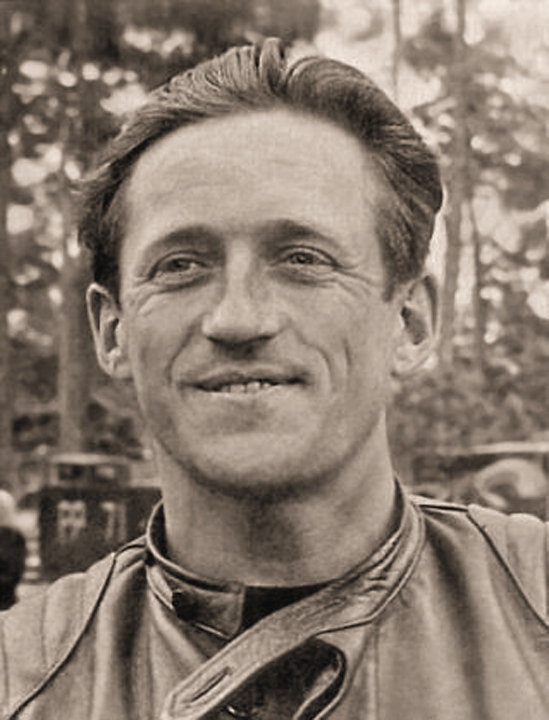
Veteran of the Great Patriotic War, Fomin served in the school of military mountaineering and skiing, was awarded medals “For the Defense of the Caucasus”, “For the Defense of Moscow.” Master of Sports, Honored Trainer of the USSR, International Judge. Two-time champion of the USSR in road-ring motorcycle racing. Athlete, coach, referee, organizer of sports events.
Before the war, he began as a motorcycle racer, then was the head coach of the CSKA motor sports team. He worked as the head coach of the USSR in motorcycle sports, including at the world championships in speedway and ice racing, and trained more than 50 masters of sports. He headed the CSKA motorcycle team.
Member of the track commission of the international motorcycle federation.
Gennady Petrovich Fomin was well known to fans of motor sports and as a commentator on radio, television and race tracks. His voice sounded throughout the country.
Remember these names!
We would like to thank the Committee for the History of Motorsport of the Russian Automobile Federation and personally Dmitry Brovkin and Alexander Matveev for their help in preparing the material, as well as all members of the Auto Moto Sport in the USSR Internet community.
“Lest we forget”
sources:
- Читать полностью:
- from open sources and personal archives
- Auto Moto Sport in the USSR
- Committee for the History of Motorsport of the Russian Automobile Federation
- Drom.ru — всероссийский автомобильный портал
- Drom.ru – All-Russian automobile portal
- Mr Stranger (commentator)
- USSR Information Bulletin
*Notes:
Ahem …
Next to Korneev, not Gringout, but … Genrikh Samuilovich Cherkassky – chief trainer of the Air Force of the Ministry of Defense in 1949-53. (photo-1 below)

The cavalier of the medal for courage and military merits has been forgotten. 30/9/1915 – 28/3/1974 He lived, worked and was buried in Moscow. Honored Master of Sports of the USSR. 20-time champion of the USSR in linear and road-ring motorcycle racing and motocross (since 1937). Holder of 30 motorcycle speed records. During the war he fought in a partisan detachment. Coach and author of motorsport books.
PS This is so … the first ones to remember are remembered. – Mr Stranger
Years fly in a whirlwind,
Pages are erased from the past …
But memory will never forget
Those who have gone to heaven, dear faces …
Bright memories…
Retrieved from the archives
Wizardry by ®Catweazle and ©JD

